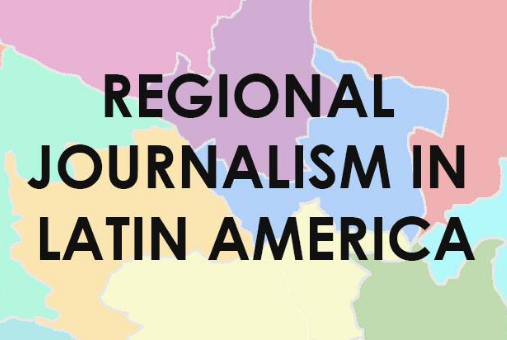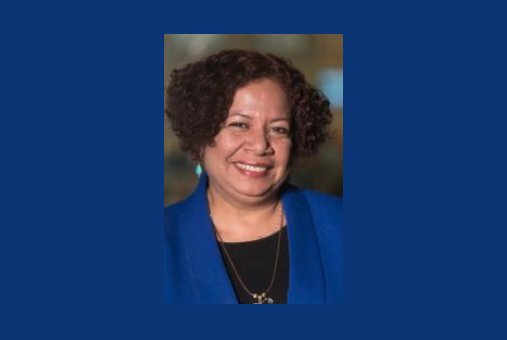
With the digital technological revolution of recent years and the crisis of the conventional business model of the newspaper industry –which until the beginning of this century was largely based on advertising revenues– many of the major newspapers have prioritized national and international coverage, leaving little left over for the regions.

Luz Mely Reyes, co-founder and general director of independent Venezuelan news site Efecto Cocuyo, is one of four women journalists to be honored with the 2018 International Press Freedom Awards from the Committee to Protect Journalists (CPJ).
El Nacional, one of the leading independent newspapers in Venezuela that continues to cover the entire country in its print and digital formats, will have to pay a fine of reparation of one billion bolivars (around US $12,000) for "moral damage."
Venezuela’s National Telecommunications Commission (Conatel) has set its eyes on television network Globovisión, making it the second media outlet in four days to be put on notice that it must refrain from disseminating messages that disregard the country’s authorities.
Just after the controversial May 20 presidential elections, a regulatory agency for the government of Venezuela is using a controversial new communications law against the website of one of the country’s most widely circulated newspapers.
Venezuelan investigative journalist Joseph Poliszuk, co-founder and editor-in-chief of Armando.info, is one of two “courageous digital news pioneers” to receive the Knight International Journalism Award.
During the highly criticized Venezuelan presidential elections on May 20, monitors of freedom of expression recorded physical attacks on journalists as well as intimidation. It’s more of the same for a community of journalists that has been threatened physically, in the courts and online while covering growing political and societal unrest in recent years.
In #VenezuelaALaFuga (Venezuela On The Run), text, video, audio and data tell the stories of mothers, fathers and children who have left Venezuela for other parts of Latin America due to the ongoing crisis at home.
Venezuelans surf the net with the lowest internet speed in South America.
Severe restrictions on freedom of expression that include censorship and closure of media outlets, assaults and attacks against journalists and criminalization of opinion contrary to the government of Venezuelan President Nicolás Maduro, were documented by an annual report of the Office of the Special Rapporteur for Freedom of expression of the Inter-American Commission on Human Rights (IACHR). The report specifically analyzed the situation of human rights in Venezuela during 2017.
After four journalists from investigative journalism site Armando.info left Venezuela due to a looming defamation lawsuit, an important group of journalists and organizations that defend freedom of expression and the press throughout Latin America have signed a statement warning about the serious deterioration of the conditions facing the Venezuelan press.
Each day in Caracas, reporters from different independent digital media sites in Venezuela visit the city’s morgues to collect data about the day’s victims. Name and surname, circumstances of death and other information about the deceased are recorded in a journalistic database and trends or important stories make their way onto the sites as more in-depth stories.